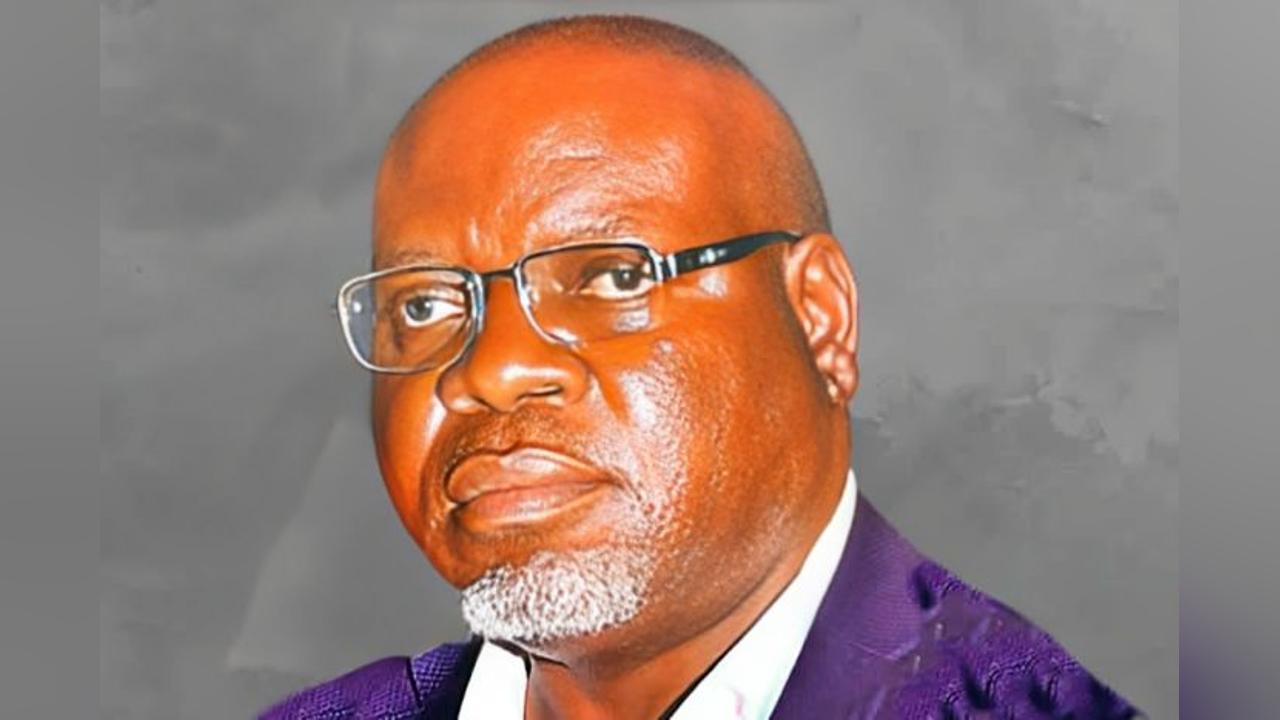By Rafael Morais
Africa-Press – Angola. In many parts of Africa, political power takes on an almost mystical form. Being the president of a party or a country is not just about exercising a public office; it is also about ascending to a kind of spiritual throne, where the leader is seen, treated and revered as a sacred being. A new messiah, not because of the miracles he performs, but because of the silence he imposes, the fear he inspires and the hunger he tolerates.
It is a power that does not save, does not heal, does not transform. But it is worshipped. The activists, impoverished and forgotten, travel long distances with dry bread wrapped in small packages, or a lunch box with cold rice without anyone to accompany them. They go on pilgrimage not to a religious temple, but to a party rally, a ritual of exaltation of the supreme leader. The journey is made with sacrifice, as an act of faith, a penance. And at the destination, the reward is not multiplied bread, nor water transformed into wine, but clapping in synchrony for a distant man, who barely sees them.
While the activist sings, dances and shouts slogans, the leader stands with his feet crossed, enveloped in luxury. His internal and external accounts are full of dollars, euros, kwanzas and pounds, the fruits of a system that crushes those who applaud and enriches those who give orders. The leader, like a false god, watches from above the spectacle of his own worship. There are no miracles to be distributed, no promises kept. There is only power, worship and illusion.
The activist returns. After more than 360 kilometers of round trip, the tiredness is visible in his body and soul. When he enters his house, he finds his children with their mouths open, like hungry chicks in the nest, waiting for their father, this rally hero, to bring something to satisfy their hunger. But he returns empty-handed. No bread multiplied, no hope renewed. Just the weight of yet another lie swallowed with the same hunger with which his children await him.
This portrait is not fiction. It is everyday life. In many African countries, political parties have become political churches, where the figure of the president is untouchable, praised, and mythologized. Criticism is a sin. Doubt is treason. And hunger… is just an inconvenient detail. The State, which should guarantee public policies to combat poverty, invests millions in party parties, in pompous campaigns, in armored vehicles and private planes. Meanwhile, most citizens do not know what they will eat tomorrow.
The cult of the leader is not only a political problem; it is a moral, ethical and existential problem. It hijacks people’s dignity. It impedes critical thinking. It conditions hope. It falsifies love for one’s country. Being a militant in many of these party structures does not mean fighting for a collective national project, but submitting to a hierarchy based on flattery, blind obedience and future rewards that never come.
The figure of the “absolute leader” is incompatible with any serious idea of democracy. The leader is not elected, he is anointed. He is not questioned, he is venerated. And he is not held accountable, he is acclaimed. The activists become devotees. And the devotees become slaves to hunger, lies and mutilated hope.
This reality needs to be challenged. Not with violence, but with awareness. Not with fear, but with courage. We need to break with the idea that the leader is an eternal father and that the party is the only home. Citizens must understand that their dignity does not depend on the eyes of their boss, but on the guarantee of their rights. We need to rebuild the social fabric based on strong institutions, leaders who are accountable, and public policies that serve the majority and not an elite that feeds off the poverty of the people.
Every time a hungry activist leaves his work, abandons his hungry children and travels hundreds of kilometers to praise a millionaire leader, it is democracy that bleeds. It is the republic that loses another piece. It is the people who confirm their submission to a power that does not represent them, that does not feed them, that does not respect them.
It is urgent to rethink this power structure. Presidents must be public servants and not political gods. Activists must be conscious citizens and not unconditional worshippers. Politics must serve life and not idolatry. Because when the leader becomes the center of everything, the country becomes hostage to his vanity. And the people, prisoners of their own misery.
Perhaps one day, when the children of these activists grow up, they will not understand why their father left hungry, sang and danced for a rich man, and came back with nothing to offer them. Perhaps they will rebel. Perhaps they will build another path. Perhaps, finally, they will stop seeing presidents as prophets and start demanding from them what really matters: justice, dignity, bread and freedom.
For More News And Analysis About Angola Follow Africa-Press






